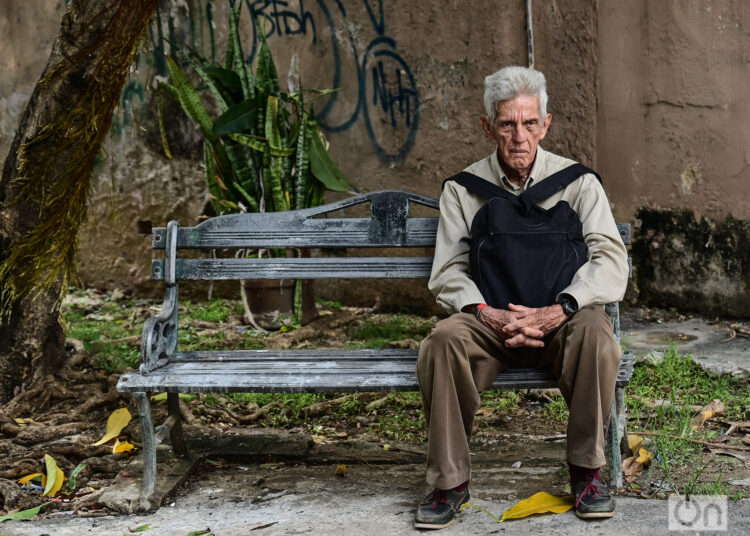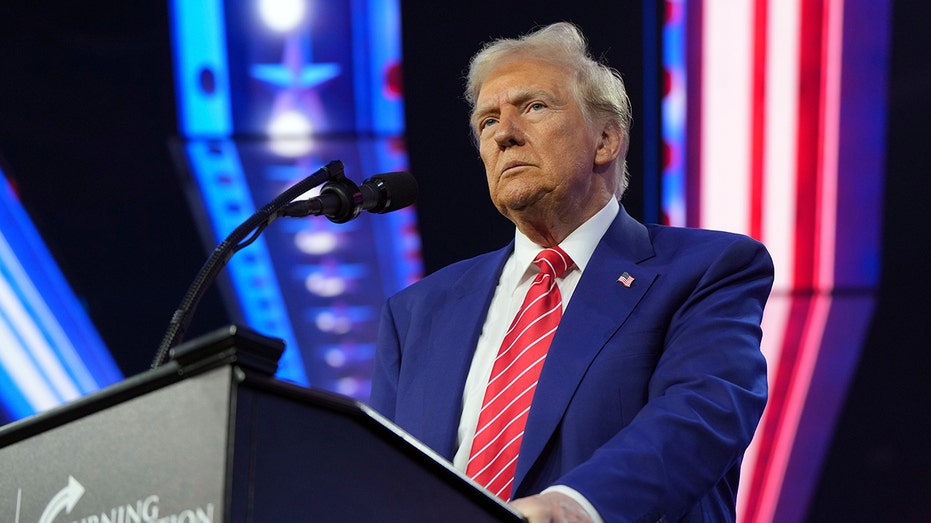
The greatest cost of any decision, whether political, economic, personal, administrative, legal, etc., is the cost of the decision in terms of lost trust. I have not found any unit of measurement that allows me to quantify the loss of trust; however, it is possible to identify and somehow measure that cost in human beings’ attitudes and behaviors.
In general, the cost in trust of a bad decision is transformed into negative attitudes: indifference, disbelief, uncertainty, fear, loss of perspective, refusal to do and participate, apathy, etc. The loss of trust and its correlate, uncertainty, destroys positive incentives and encourages neglect, and individual solutions, among them, geographical and work-related emigration. Between 2021 and 2023, the loss of professionals in the health sector was 89,954 people, in education 32,789, 4,375 in the science and innovation sector, 51,492 in agriculture.

It must be remembered that the training of a professional takes between 15 and 17 years. That is why it is so hard for me to think that those who make the decisions give little value to trust, to the pledged word, to the “rules of the game” adopted that establish certain commitments by which people make certain decisions, risk resources, project their future and that of their families. Trust is everything.
In a relationship, when you decide to create a family, it is done based on trust. When you decide to put your feet on a piece of land and put down roots, what sustains that decision is trust. When you decide to support a social and/or political project, trust has a decisive weight.
Related Posts Cuba and its circumstances November 1, 2024 MSMEs, travel companions or stowaways? July 11, 2024 Juan Triana: “The instability in the exchange rate stops business and affects everyone” June 10, 2024 Pensions vs. exchange rate in Cuba: the urgent need to put a stop to inflation May 17, 2024 var jnews_module_314835_0_675c208591e22 = {"header_icon":"","first_title":"Related Posts","second_title":"","url":"","header_type":"heading_1","header_background":"","header_secondary_background":"","header_text_color":"","header_line_color":"","header_accent_color":"","header_filter_category":"","header_filter_author":"","header_filter_tag":"","header_filter_text":"All","post_type":"post","content_type":"all","number_post":"4","post_offset":0,"unique_content":"disable","include_post":"","exclude_post":314835,"include_category":"13075","exclude_category":"","include_author":"","include_tag":"","exclude_tag":"","sort_by":"latest","date_format":"default","date_format_custom":"Y/m/d","force_normal_image_load":"","pagination_mode":"nextprev","pagination_nextprev_showtext":"","pagination_number_post":"4","pagination_scroll_limit":0,"boxed":"","boxed_shadow":"","el_id":"","el_class":"","scheme":"","column_width":"auto","title_color":"","accent_color":"","alt_color":"","excerpt_color":"","css":"","paged":1,"column_class":"jeg_col_2o3","class":"jnews_block_21"}; What sustained the Cuban Revolution in those first years where a war without quarter was fought defending ourselves from the aggressions orchestrated by the United States governments was, above all, trust. When you invest in a business, the first thing is trust.
Money is trust — written on a clay tablet, on a small metal disk, on a piece of paper, on a banknote, on a plastic card. Credit, from the Latin credere , which means to believe, is trust; investment is and is nothing more than trust in the future; trade, whether wholesale or retail, is also trust. The value of bonds and stocks is, to a large extent, trust, security that the investment in those securities has a guarantee, whether given by the state or by some company.
A healthy relationship between the three great and only actors in a society, namely the state, families and businesses, is only possible based on trust. The institutional framework within which these three actors carry out their activity must, first of all, guarantee this trust. If it fails, opacity reigns within these relationships, uncertainty grows and words become empty vessels of real content.
It has been argued on rostrums, time and again, that there is no war against MSMEs or the non-state sector; however, if one takes stock of the measures — resolutions, decrees, decree-laws, circulars, indications, etc. — that have been adopted during this year, the conclusion is diametrically different. Resolution 56/2024 , a year-end gift, must be placed alongside the others that have been enclosing the non-state sector in an ever tighter regulatory cage.
Like the others, it undermines the most important foundation of any economy: trust, and directly affects a sector that today employs 35% of the employed, on whom numerous families depend. How much new unemployment will this measure generate? Does the state have an option for these future unemployed? Will some of them become what we today euphemistically call “wanderers”? This sector generates 15% of GDP. Does the state business sector have the capacity to make up for this loss, if today we know that the investment rate barely reaches 10% of GDP, when it should be at least 25%? What is the substitute that the state has when today we know that around 50% of the state business sector is in a really vulnerable state, and 22.
5% of these enterprises are in losses, with municipal trade enterprises and those in the agricultural sector being the majority? It seems a contradiction that, in the face of this reality, a resolution is approved that creates an intermediary with proven inefficiency. It is also not possible to think about foreign investment. FDI flows are far from what is needed and much closer to Haiti than to the Dominican Republic, which is, at least in large part, the cost of lost trust.
The non-state sector as a whole today represents 44% of retail sales and MSMEs are 25%. Does state commerce have the capacity to make up for the supply deficit that all these resolutions will generate? Will state commerce also have sufficient ability and the necessary autonomy, as well as the minimum incentives to find the best suppliers? What I have learned from the facts, after patiently observing this sector for some forty years, is that it has a proven capacity to be inefficient. Not even in the times of the “fat cows” of Soviet aid did it succeed.
Cuba today faces a critical situation, external factors over which we have no capacity to influence and a multi-crisis internally caused by errors, both in the adoption of policies, in their conduction, as well as in the moment of adopting them, making up the essential features of the same. The indiscriminate use of the inhuman blockade to which the U.S.
administrations have condemned us, as almost the only explanation for our problems, has reinforced the conviction of these administrations that, by increasing it, they will achieve the objective of destroying our independence. Building trust is indispensable if we want to emerge successfully from this challenge. To destroy it with measures that ignore the historical moment we are living in and the one that is approaching, which turns into enemies those whom we once recognized as an inseparable part of our society, is to surrender ourselves meekly, consciously, or unconsciously, to the purposes and interests of those who for six decades have declared us their enemies.
Hope goes hand in hand with trust. If trust is lacking, hope is scarce. Let there be hope, without it there is no future.
Tags: Cuban Economy Cuban emigrants featured MSMEs in Cuba.















